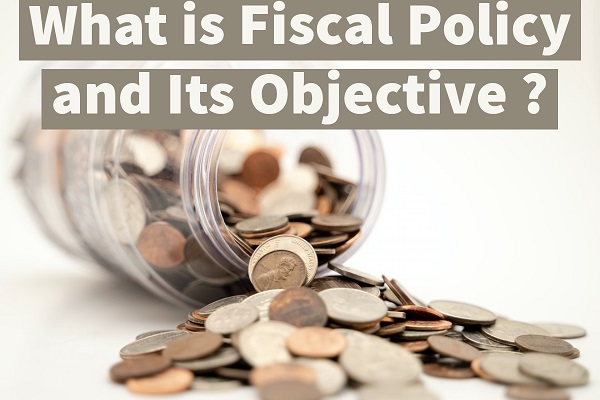What is Fiscal Policy and Its Objective ?
Fiscal policy is the policy which is related to the Taxation, Expenditure and Borrowing by the Government. Fiscal policy is the most important instrument of the government intervention in the economy to accelerate economic growth. Fiscal policy is also called Budgetary policy.
The main problem faced by the capitalist economies is the economic instability which is shown by the periodic occurrence of trade cycles and also is a general phenomenon in the free market capitalist economies.
During a recession or depression fiscal policy helps in increasing demand. To achieve its purpose, government increases its expenditure and spends more on public works, which provides employment to more people. The government can also increase its expenditure on subsidies to producers. The government can also lower its tax rate to increase consumption and investment. In this way during depression a fiscal policy (deficit fiscal policy) can greatly help the economy by increasing employment, consumption and also investment.
While during the periods of inflation, when there is too much demand, government reduces its expenditure and increases taxes to reduce private spending.
According to the view of public finance, public revenue and expenditure of the government are not to be considered as being governed only by the requirements of the government finances but by the requirements of attaining and maintaining full employment and price stability. It all depends on the prevailing economic situation, that’s why it is also called Functional Finance.
Objectives of Fiscal Policy in Developing Countries –
In developing countries, taxation, government expenditure and borrowing plays a very important role in accelerating economic growth and development. A fiscal policy is a powerful tool in the hands of the government by which it can achieve the objectives of development.
Main/Principal Objectives of Fiscal Policy in Developing Countries –
1. To mobilise resources for economic growth, mainly for the public sector.
2. To promote economic growth in the private sector by providing incentives to save and invest.
3. To restrain inflationary forces in the economy in order to ensure price stability
4. To ensure equitable distribution of income and wealth.
